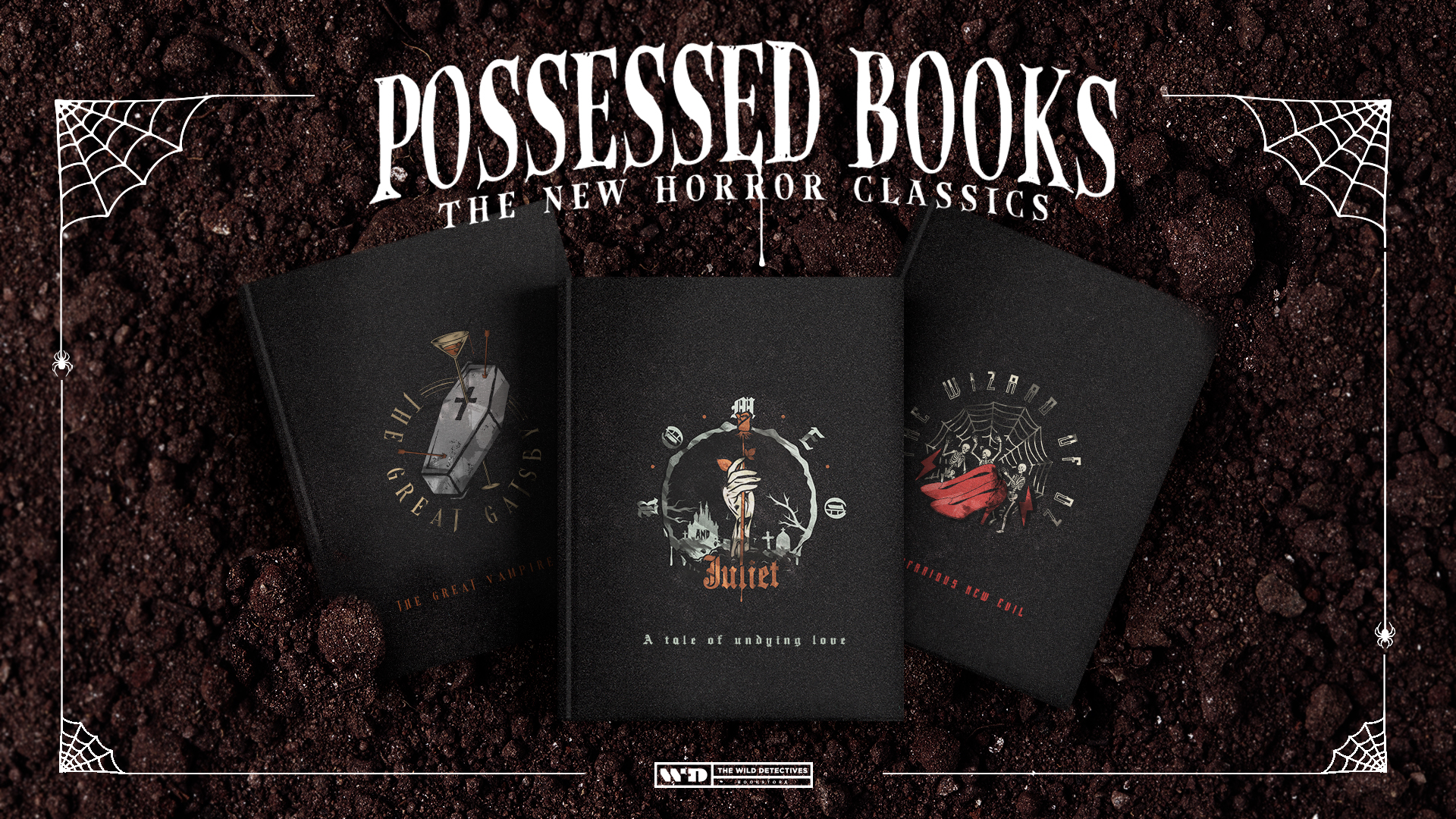
Halloween is a beloved holiday with many long-standing traditions. However, many people find themselves repeating the same activities each year: trick-or-treating, visiting haunted houses, dressing up, and watching scary movies. One tradition that isn’t common this time of the year is reading. This October The Wild Detectives will give people a new, spooky spin on their favorite stories for them to read.
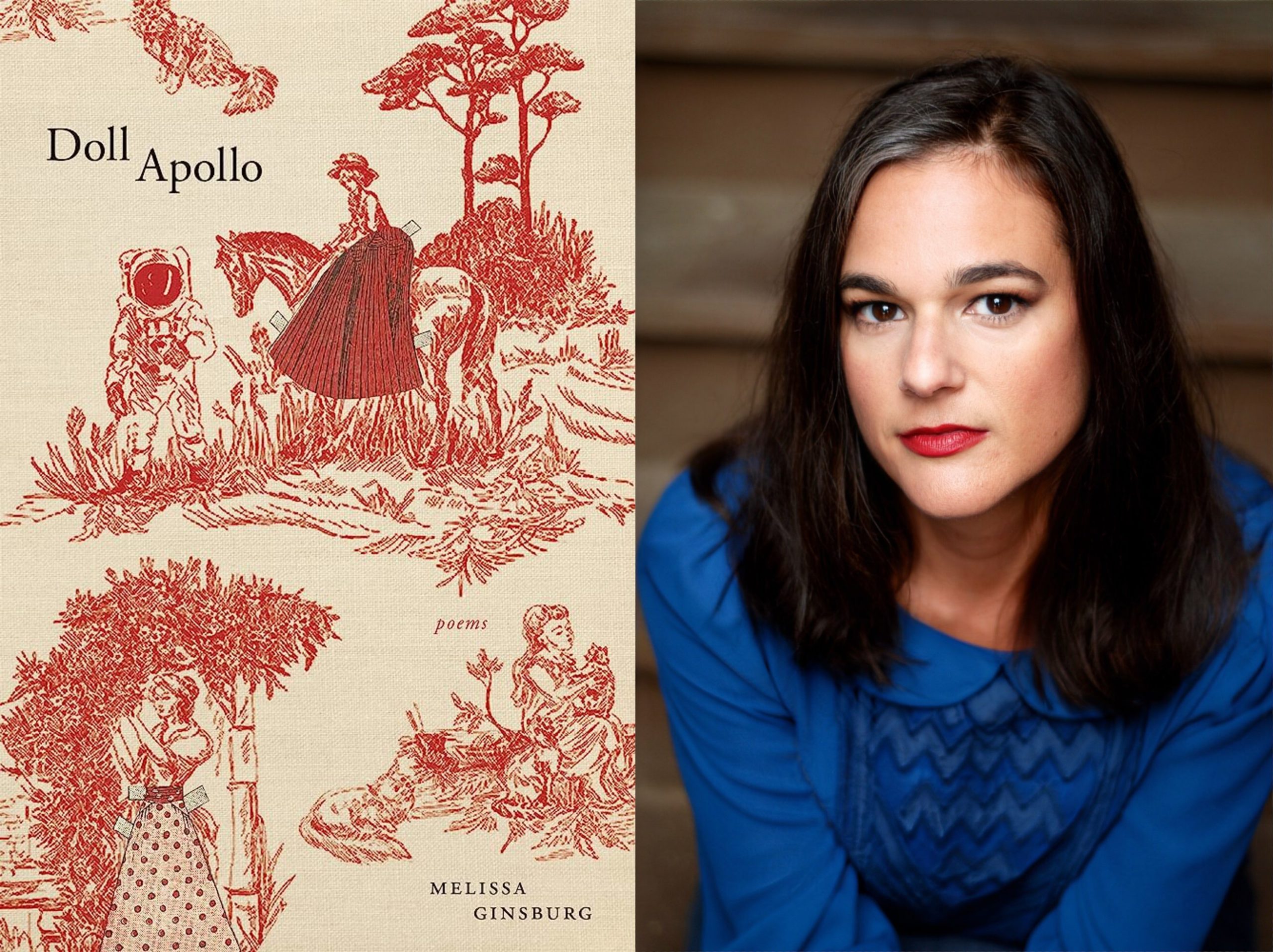
Melissa Ginsburg’s Doll Apollo (LSU Press, 2022) resists conventional narrative notions. Organized in three sections, “Doll,” “Apollo,” and “Toile,” the book explores identity, doubt, mythology, and violence, both bodily and environmental, in poems linked by the lush imagery of a common landscape. “Toile” refers to a canvas-like fabric that depicts pastoral vignettes and it is a popular decorative element, particularly in the U.S. South. The gorgeous cover art for the book includes a toile pattern that reflects the unique concerns of Ginsburg’s poems, mingling an unexpected astronaut with paper dolls in the traditional pastoral background.
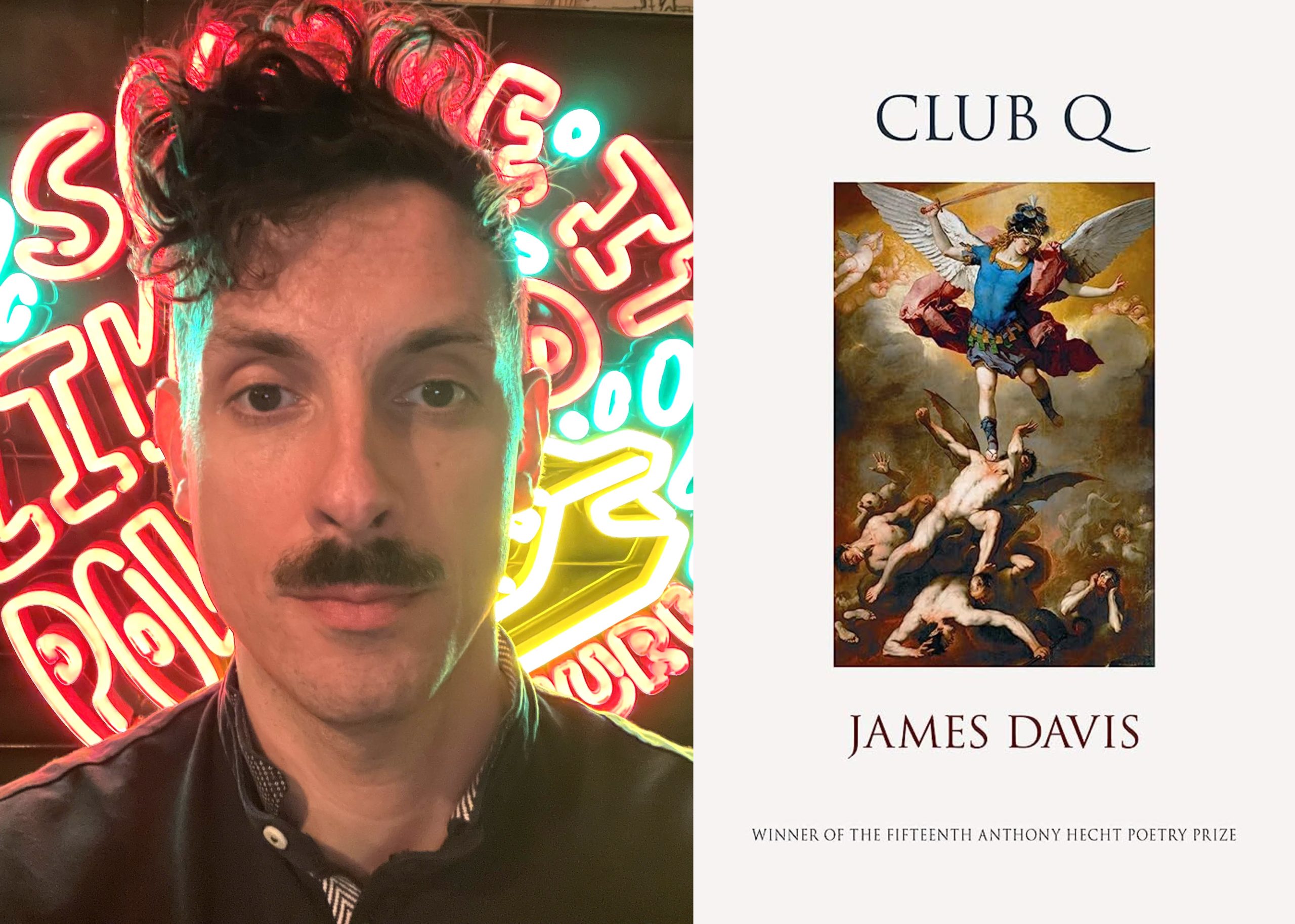
James Davis’s Club Q is clever, often laugh-out-loud funny, and always meticulous: both within the poems formal considerations and the book’s arrangement as a whole. Davis is a master of linguistic foraging, arranging his sonic and syntactical finds for the reader to devour. Within his poems, comedy, intelligence, and despair are often synonymous, and wordplay is always on the menu.
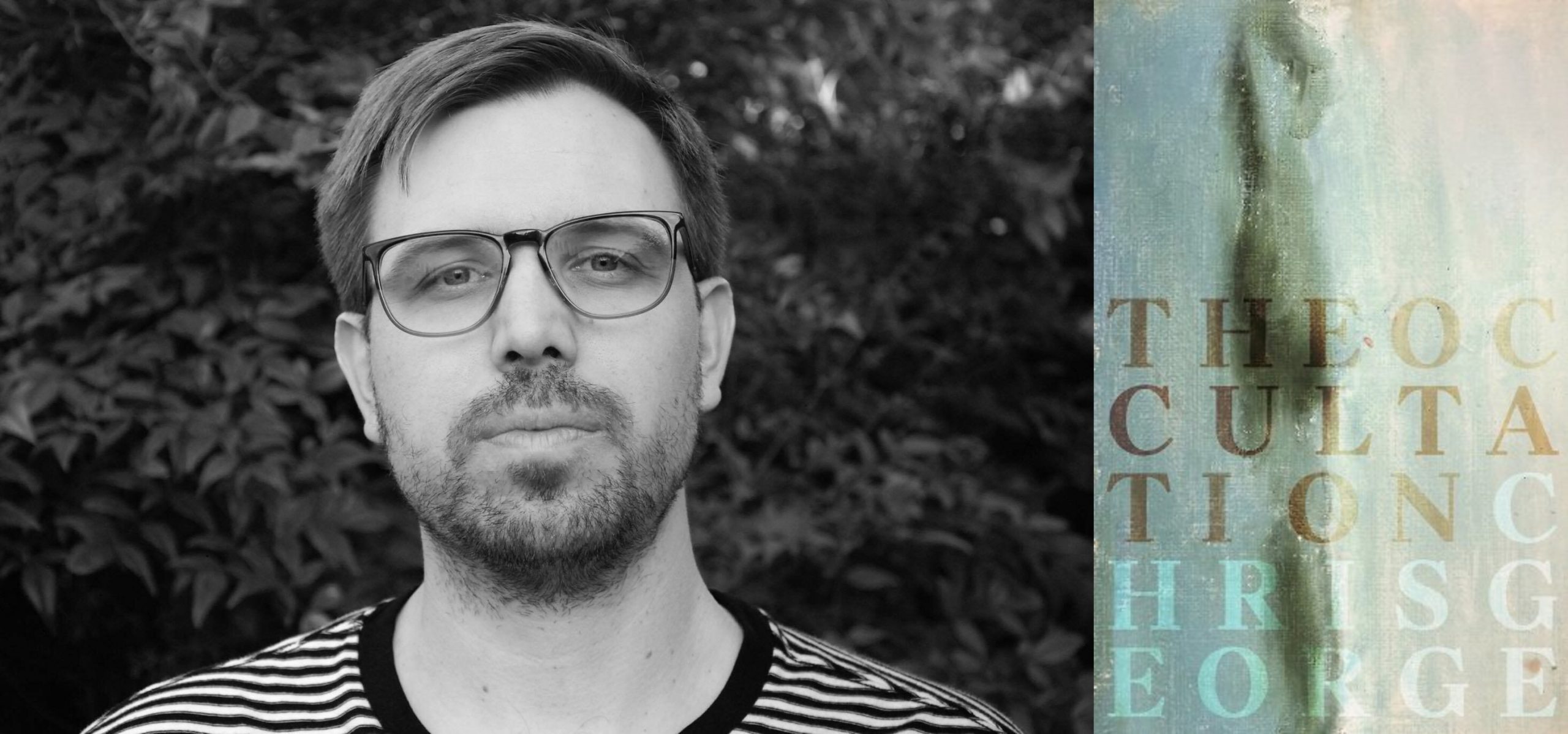
The universe in Chris George’s The Occultation (Surveyor Books, 2021) is dark and nihilistic but also filled with morbid humor, and even redemption. A missing disabled mother leads her caretaker daughter on a barefoot late-night odyssey in “The Suicide,” an alcoholic finds solace and comfort in an abandoned flying-saucer house on a stormy night in “A Small Good Place;” these stories wind their way through human suffering and frailty.
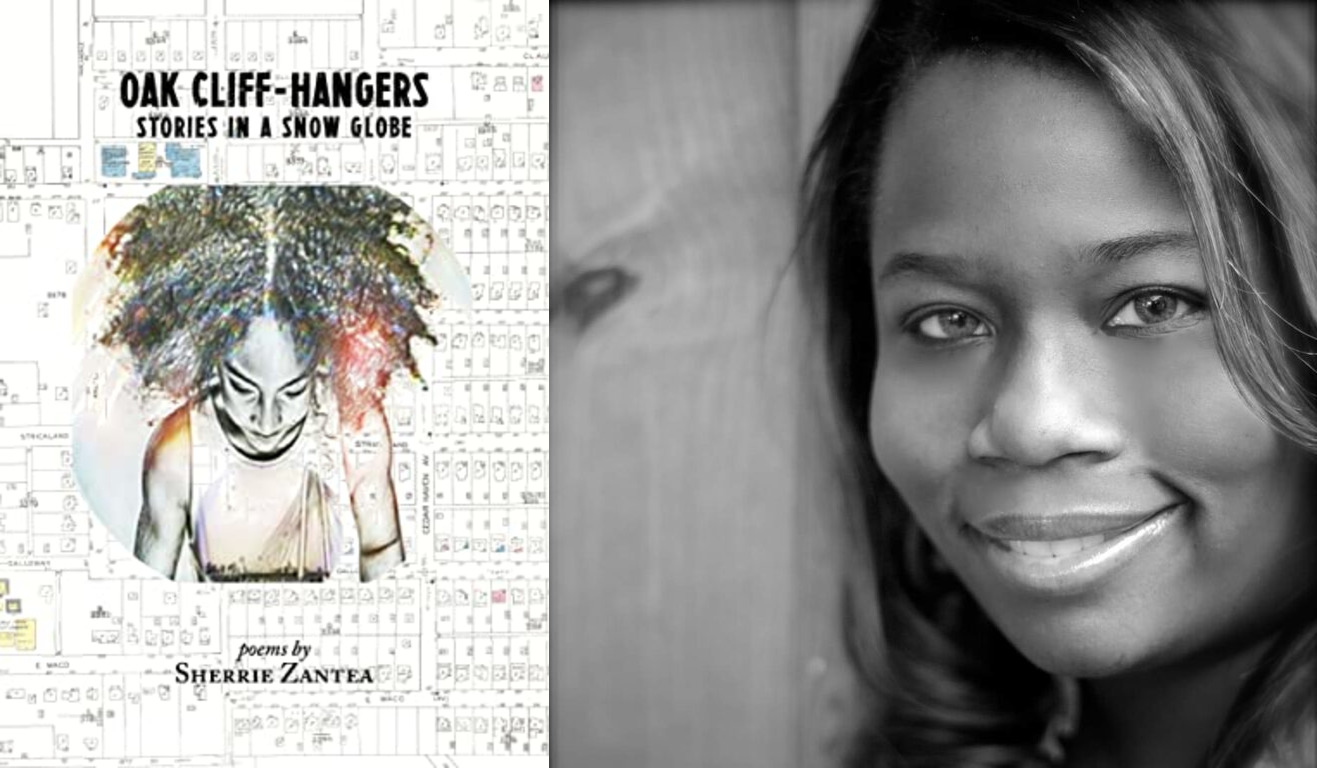
Sherrie Zantea, known by her stage name, Candy, is a luminary in the Dallas poetry community. She is the brilliant leader behind the Dallas Poetry Slam organization and has been making literary history for more than 20 years. Her chapbook, Oak Cliff-Hangers: Stories in a Snow Globe (Deep Vellum Publishing, 2021) reflects on growing up in Oak Cliff with heartbreaking candor and soaring hope.
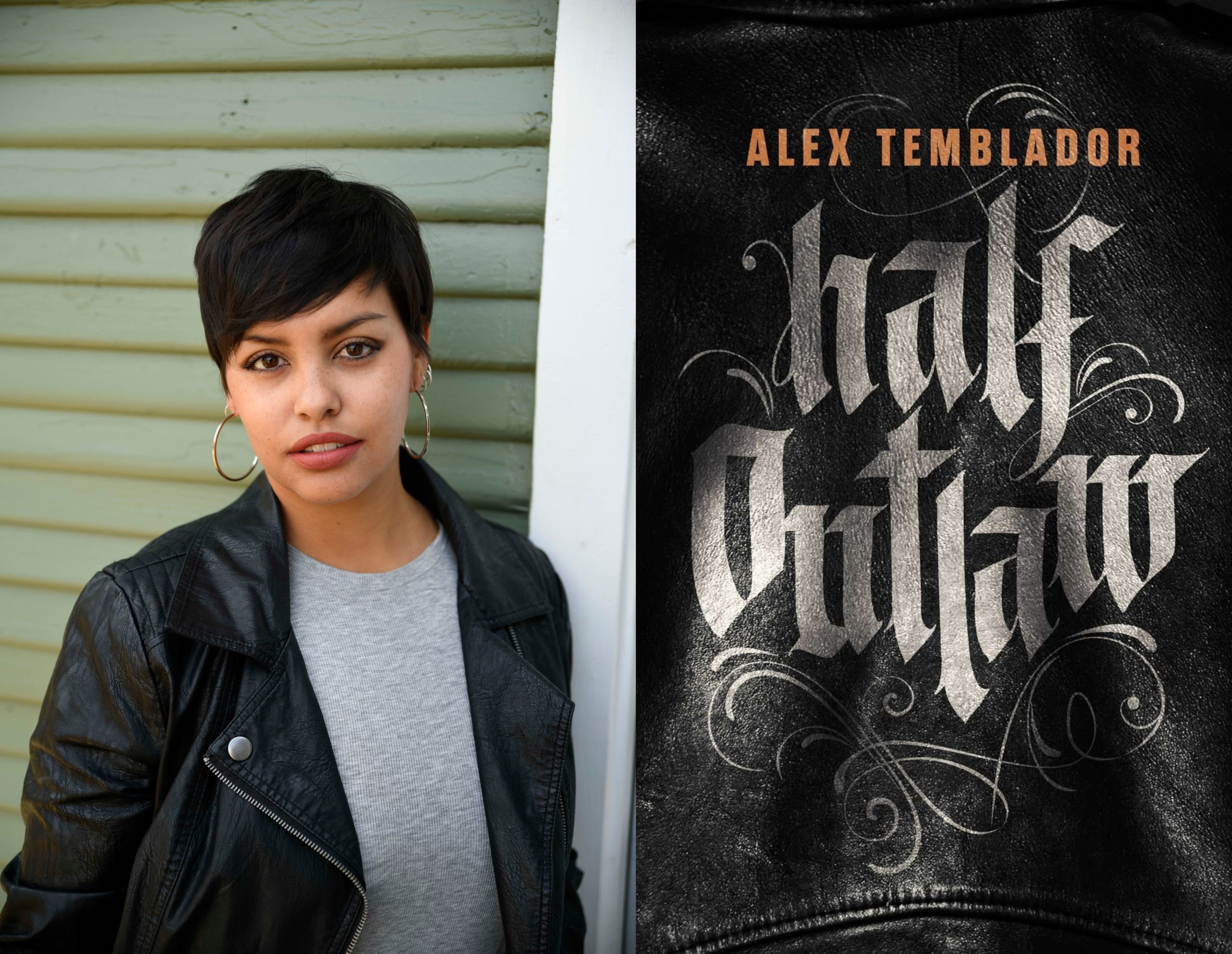
Alex Temblador’s latest novel, Half Outlaw (Blackstone Publishing, 2022), is a hell of a ride. The story follows Raqi (pronounced “Rocky”), a successful LA attorney in her 30s, as she grapples with grief, trauma, relationships, and her profoundly complicated family, who are members of the Lawless, a drug-running, gun-dealing motorcycle club. As your friendly neighborhood poet, I’ll be honest: I don’t read many novels, but this book’s heartrending characters, cross-country trek, and magical realism had me hooked.
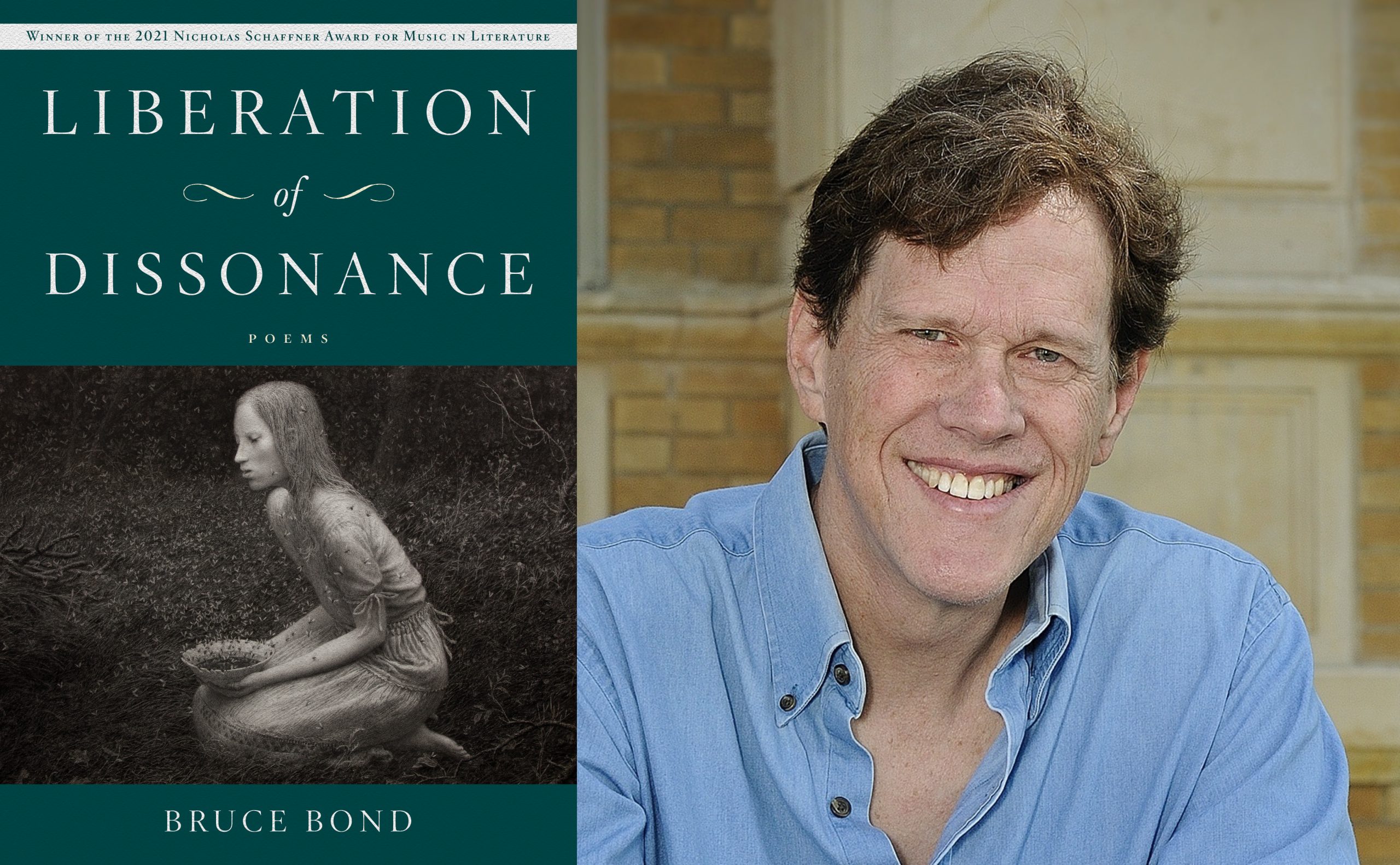
Liberation of Dissonance (Schaffner Press, 2022) strikes a balance between forte and piano, legato and staccato – the Italian markers dictating musical dynamics.

This October, The Wild Detectives present a frightfully good campaign with a mission to help young readers avoid library and school bans on books.
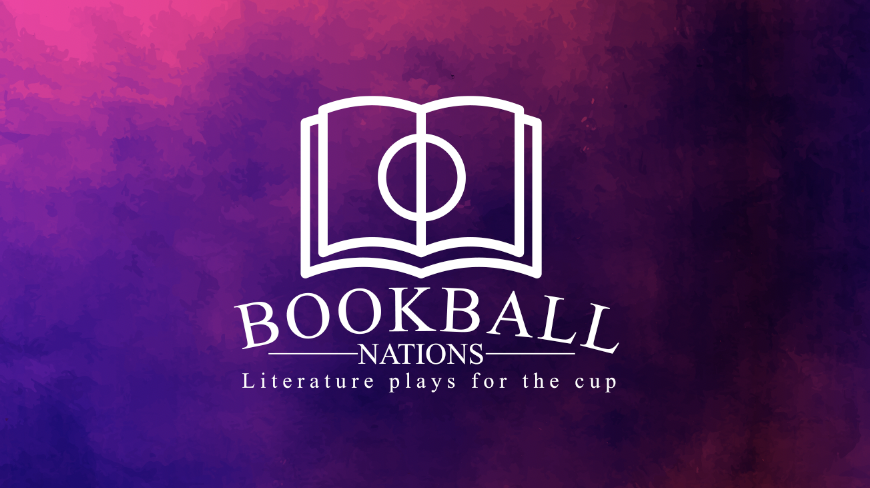
The World’s biggest soccer tournament is gone and fans are experiencing withdrawal now that there’s not four games a day. Which is why we decided to surprise them with our very own tournament, with a very unique touch.
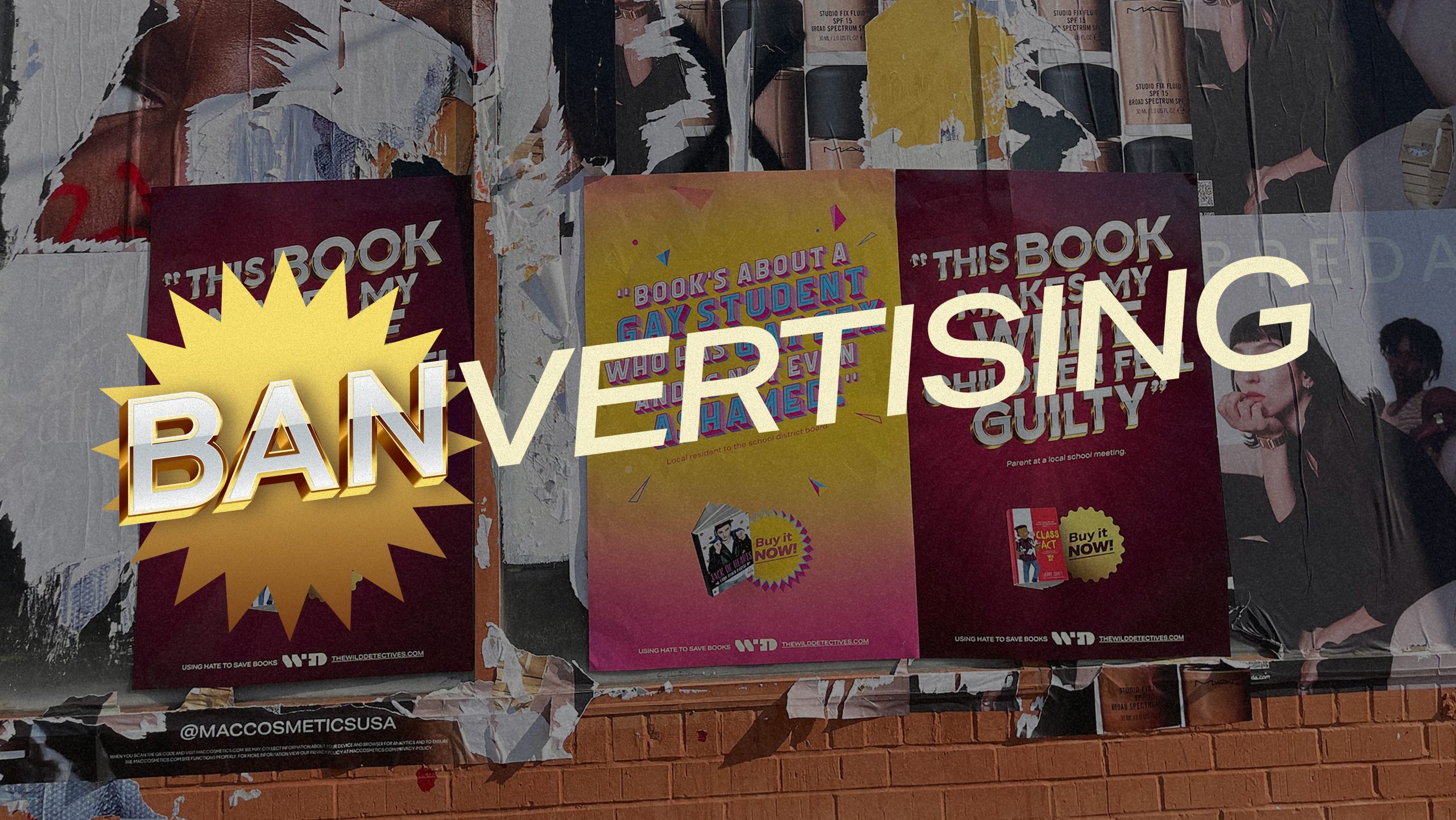
Banvertising – A campaign that takes real, negative quotes from the people who are trying to disqualify books and uses their hateful words to promote those same books they’re trying to ban. In a few words: we will turn these books’ worst critics into their best reviews.
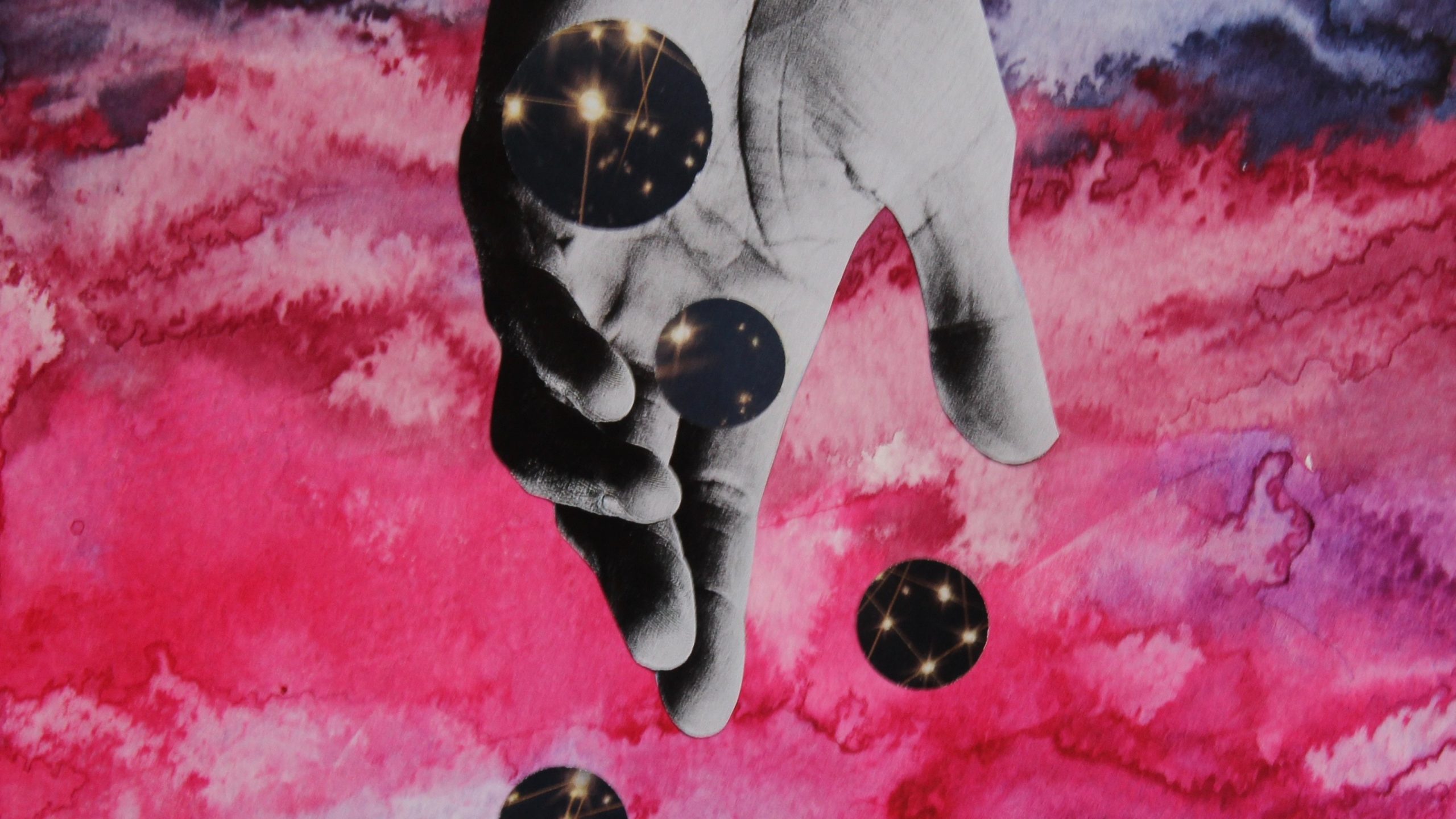
Ayesha Asad’s Waveborne (Bottlecap Press, 2022) carries on its crest a blend of cultural identity, resettling, growth, striving. The poems present few breaks; they just keep moving, like determined waves destined for shore, full of radiance.
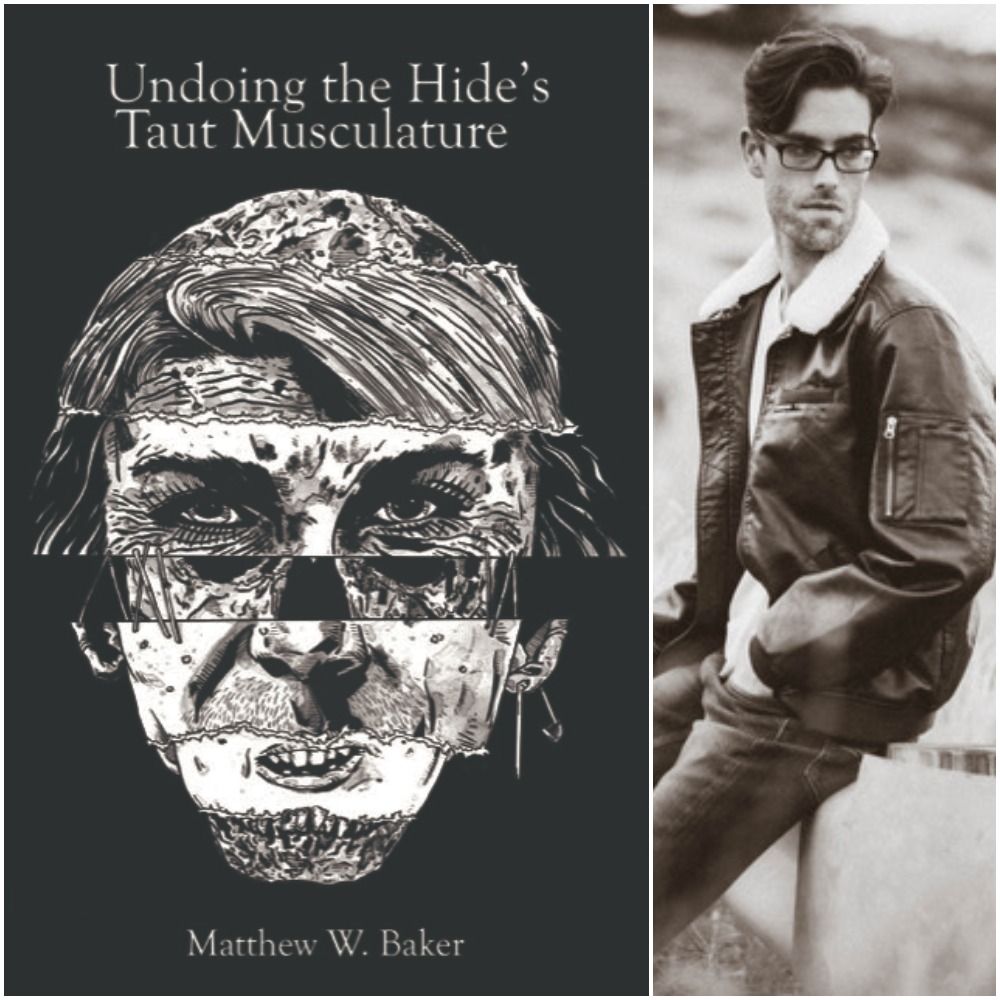
Matthew W. Baker’s debut chapbook Undoing the Hide’s Taut Musculature (Finishing Line Press, 2019) is a visceral and incisive exploration of what it means to have a body. Baker’s poems delve into mortality, illness, surgical interventions both elective and necessary, and radical changes both voluntary and beyond the speaker’s control. The speaker in these poems grapples with isolation and relationships, offering an unflinching portrayal of the mother/son dynamic.
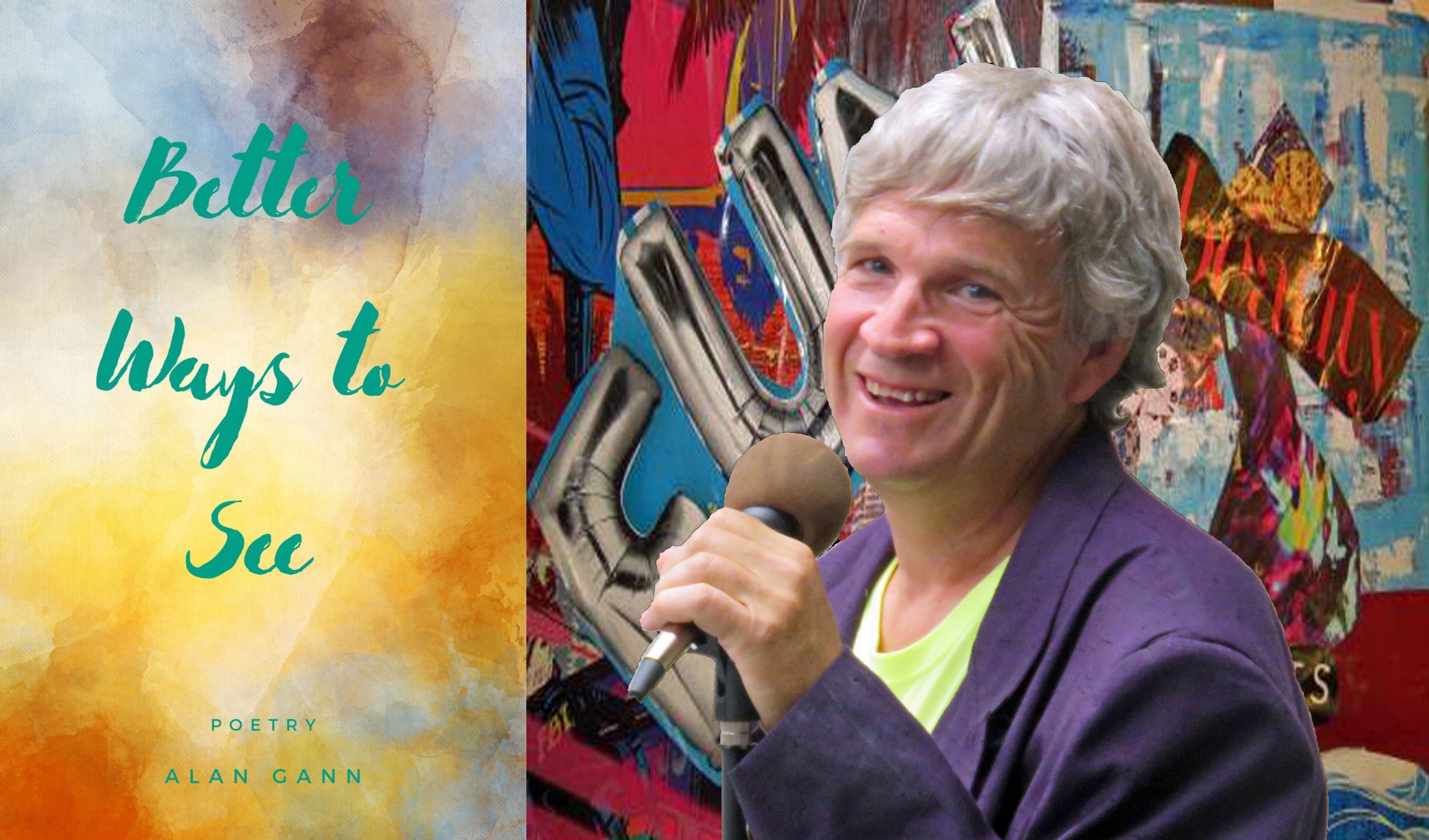
In Better Ways to See, Alan Gann offers us a fresh pair of eyes to catch the details we are likely to miss in the natural world. Every poem seems to ask, “why not sing or bloom or fly?” (“spiral orb”). Part I of this collection, “Wanderings with birds,” literally gave me the sensation of having wings, of believing “We each sing our morning notes/ to remind the world/ I’m still here and no matter/ what happens before night descends/ all contribute/ to the golden-holy-resplendent song divergent” (“Chorus”)
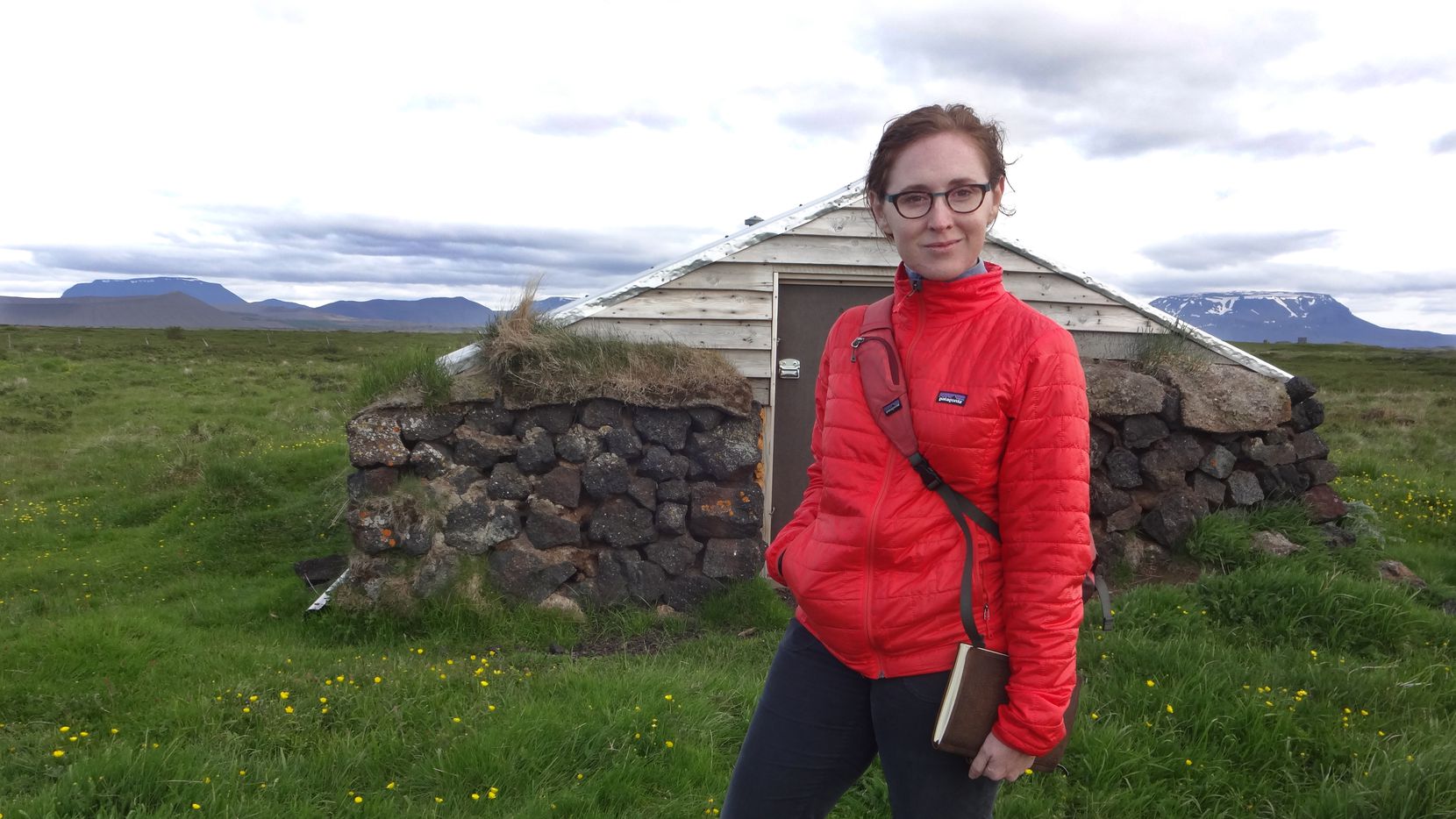
An exploration of Iceland’s most idiosyncratic museums and collections, The Museum of Whales You Will Never See takes readers across a country shaped by geological forces as powerful as the stories told and collected there. The following is a conversation between author Kendra Greene and WD contributor Katy Dycus.
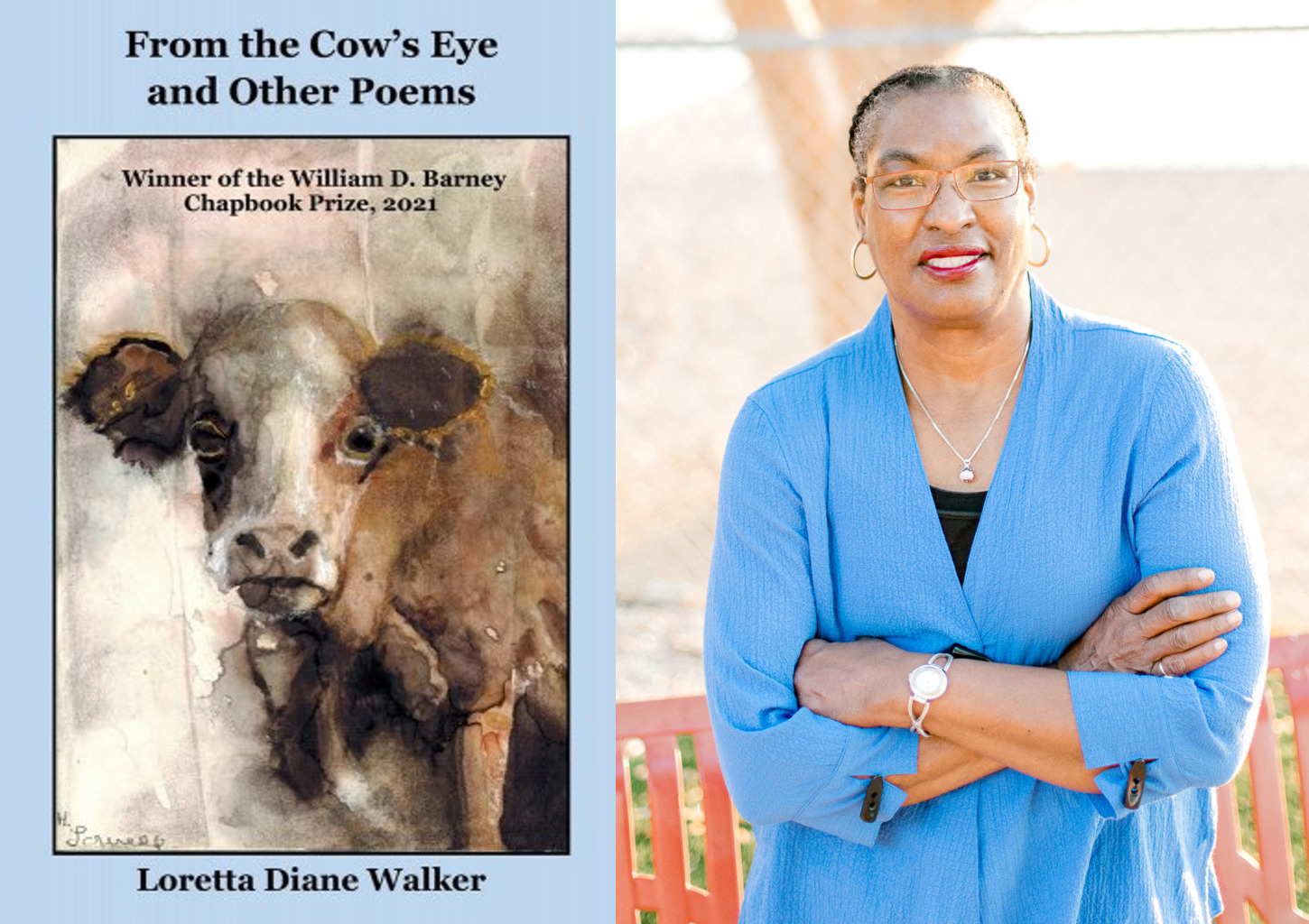
Loretta Diane Walker is treasure in the Texas poetry community. She is the author of many books, including a full-length collection, Day Begins When Darkness Is in Full Bloom (Blue Light Press, 2021) and the topic of this review, her most recent chapbook, From the Cow’s Eye & Other Poems, which won the 2021 William D. Barney Memorial Chapbook Prize from The Fort Worth Poetry Society. The poems in the collection show off Walker’s poetic range; the speaker weaves stunning Texas landscapes and offers deft observations about love, grief, music, dreams, superheroes, and much more.

Published by Black Lawrence Press in November 2020, Lindsay Illich’s poetry collection, Fingerspell, begins by presenting the images for spelling out the letters of the alphabet. After the birth of Illich’s daughter, who has Down syndrome, she “felt every emotion as if through a vivid filter, supersaturated”.
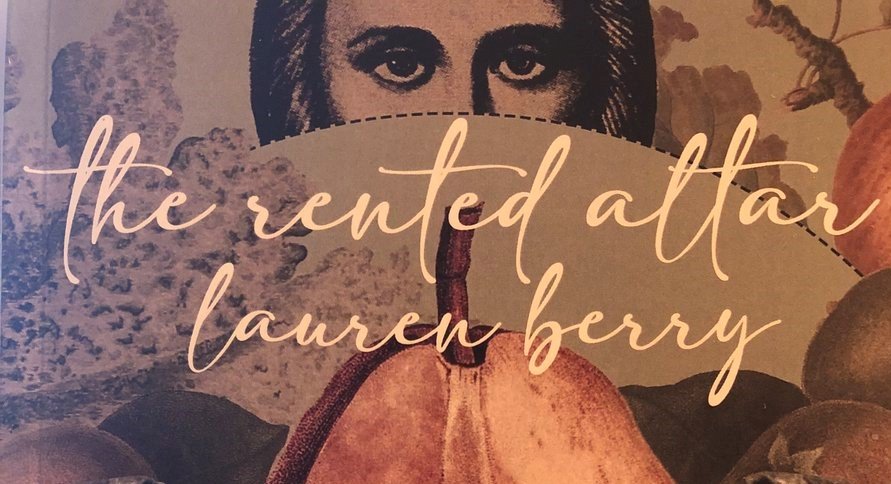
I was excited when I found out Lauren Berry’s second poetry collection, The Rented Altar (2020), would be published by C&R Press. Her debut collection, National Poetry Series winner The Lifting Dress (Penguin, 2010), is a book I’ve returned to many times over the years since I first picked it up. I was fascinated by the lush, dark, terrifying world of Berry’s young speaker in the first book, and I expected her second book to be just as compelling.
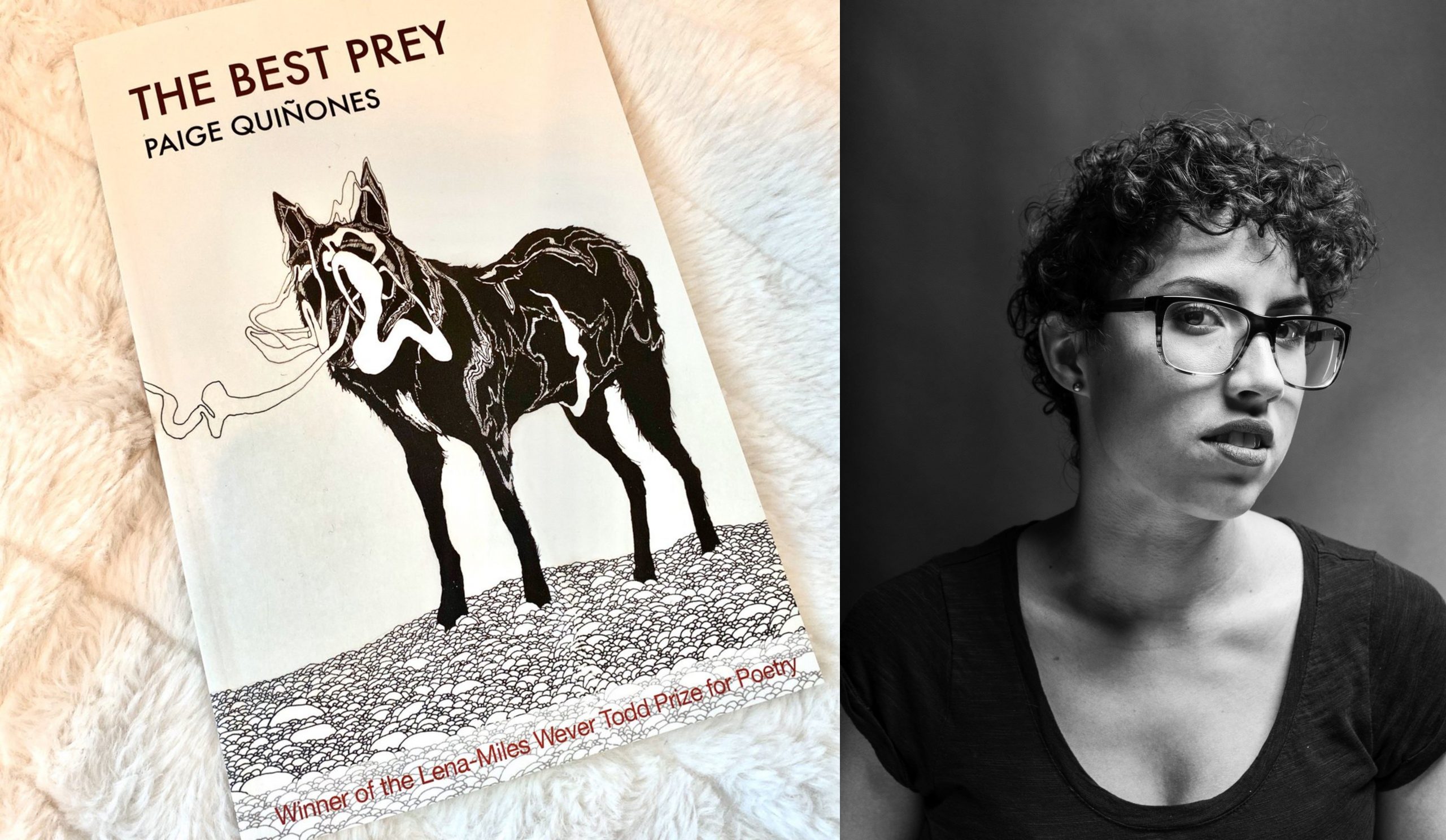
The Best Prey (Pleiades Press, 2021), Paige Quiñones’s debut poetry collection and winner of the Lena-Miles Wever Todd Prize for Poetry, contain poems that pulse to a provocative beat. It’s a rhythm that edges on the powerful intersection of danger and desire.
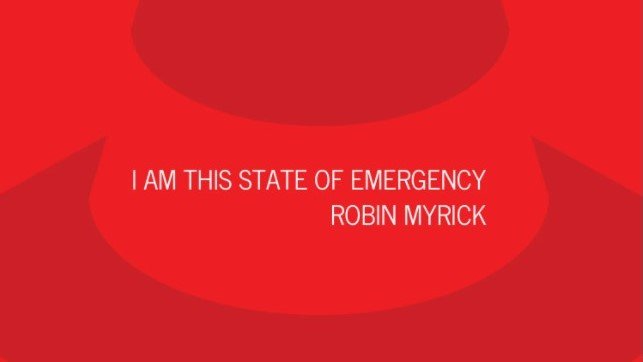
Robin Myrick describes her debut poetry collection, I AM THIS STATE OF EMERGENCY (Surveyor Books, 2020), as “about us.” The result of an eight-year listening project, Myrick’s poems examine the ways political discourse permeates our lives, our relationships, and our imaginations.
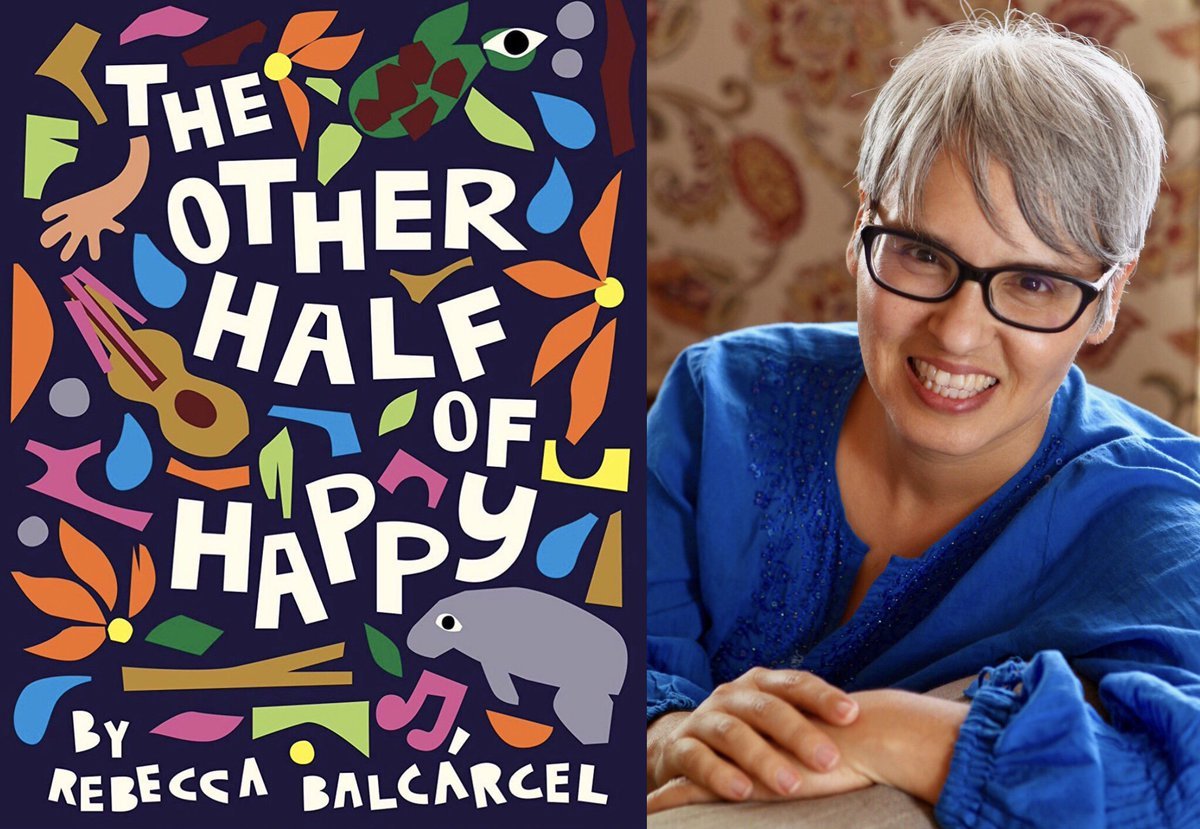
Rebecca Balcárcel’s debut middle-grade novel, THE OTHER HALF OF HAPPY (Chronicle Books, 2019) stars Quijana, a bicultural girl who grappling with the tumult of being 12 years old. Why is your friendly neighborhood poet reviewing a novel written for children ages 8 to 12?

During the 2-month lockdown in Madrid, a picture book arrived for me in the mail: Carson Ellis’s Home. And while we are no longer in strict lockdown, I still spend much more time at home than I ever have before. I think about home much more than I ever have before.
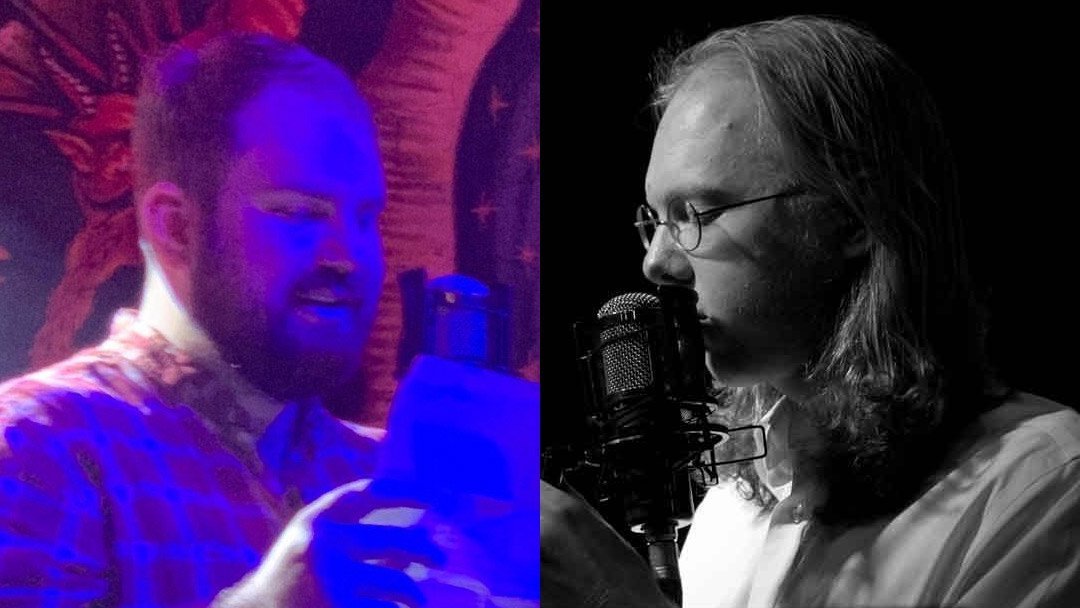
Logen Cure, curator of our monthly poetry series Inner Moonlight in conversation with fiction writer, Harry McNabb, and McNabb’s publisher, poet Tom Farris.
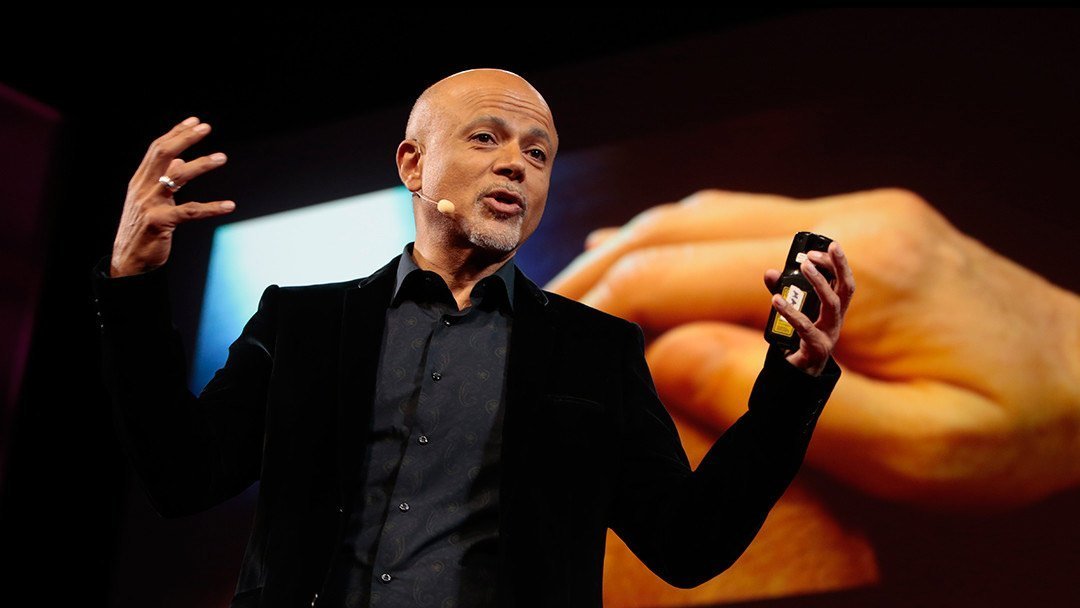
“Medicine is my lawful wife; literature is my mistress,” wrote Anton Chekhov, describing his life as both physician and writer.
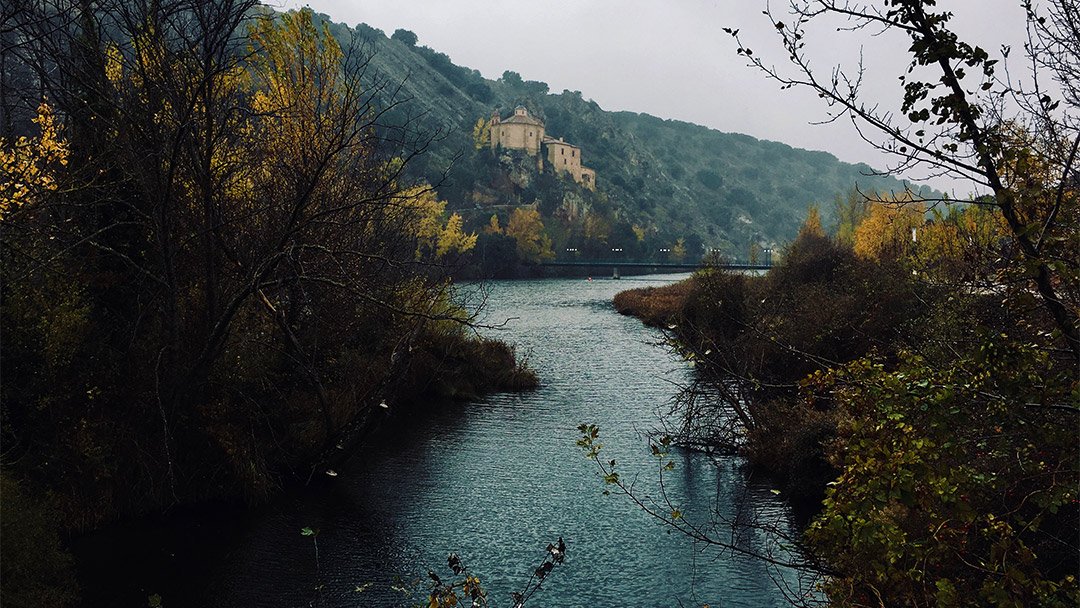
According to Gerardo Diego, Antonio Machado “spoke in verse and lived in poetry.”
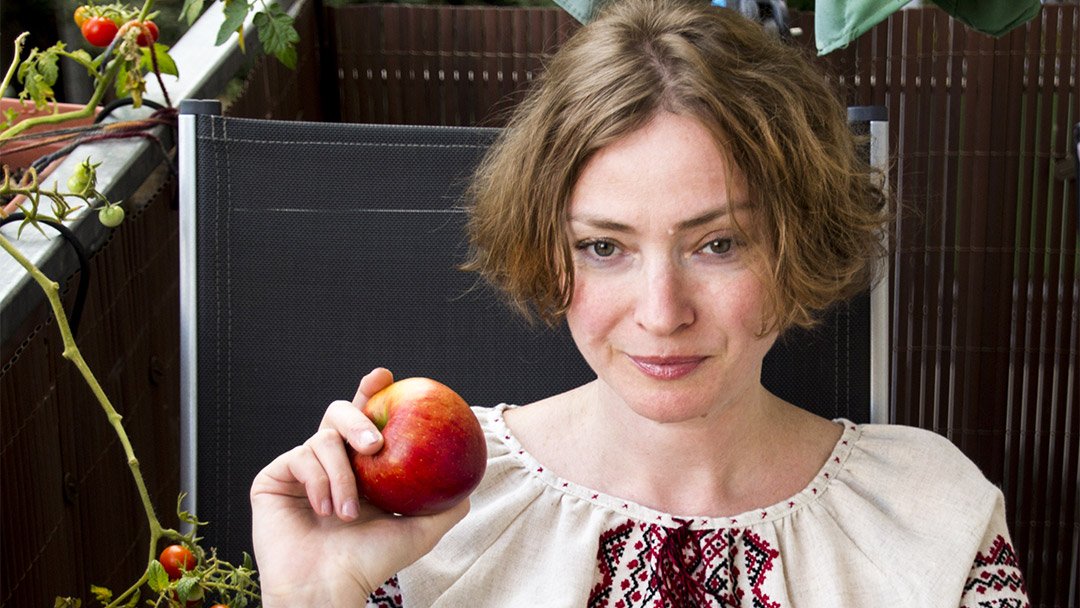
In assuming the guise of a different language, one can also assume a different persona. Svetlana Lavochkina, a Ukranian author residing in Leipzig, Germany, understands the voyage one makes in crossing from one language to another. From the age of 8, she dreamt of becoming a writer, but she knew she didn’t want to write in Russian, her native language; instead, she sought full creative expression in English.

I like to think of Desperate Literature as a transitional space between street and home. Co-owners Terry Craven and Charlotte Delattre see this space as completely fluid. “There’s little distinction between our private life and public life. It’s how we live and what we live for,” Charlotte says. “A very nice version of how we live.”
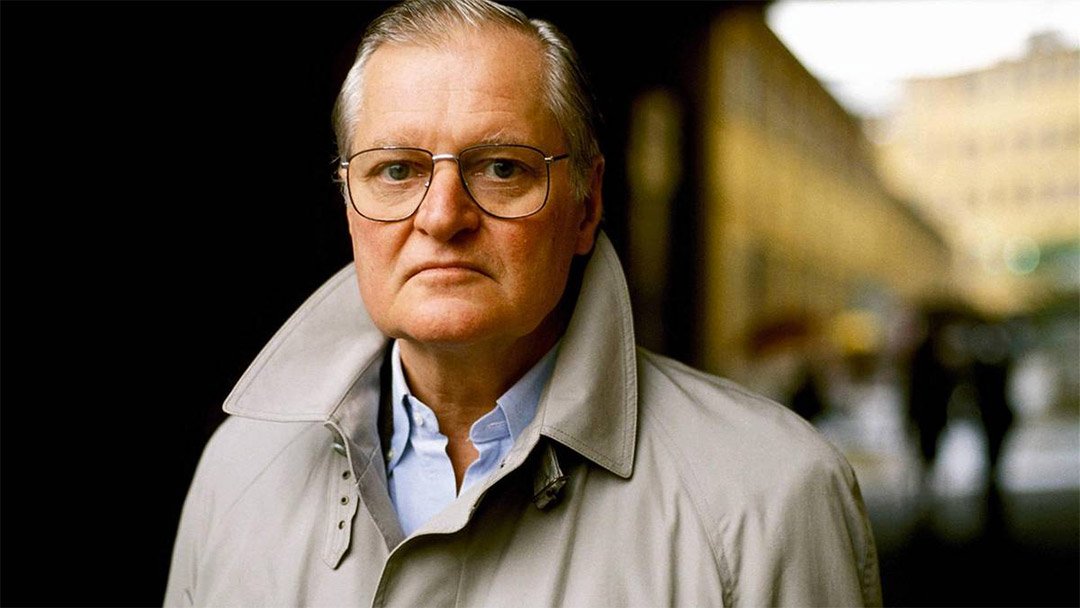
John Ashbery passed away on September 3 at the age of 90. I can’t imagine him heeding Dylan Thomas’s call to “rage, rage against the dying of the light.”
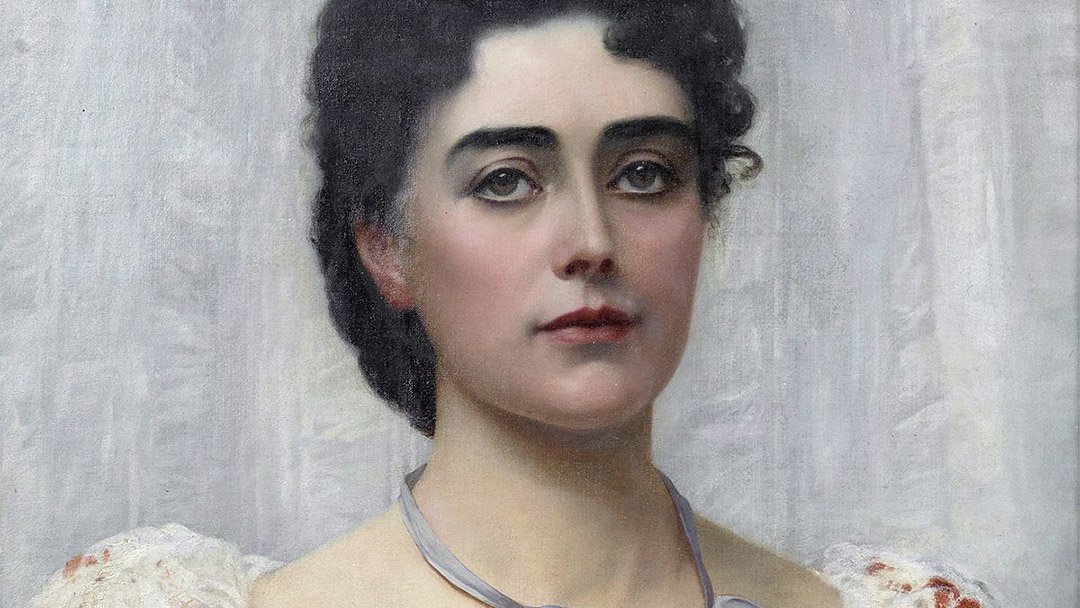
At the 2012 Olympic Games in London, every country sent at least one woman competitor. An unprecedented event. In Rio de Janeiro last year, 45% of the 11,000 competing athletes were women. But more than 120 years ago, before Serena and Venus Williams, Katie Ledecky and Simone Biles were household names, the Olympic Games prohibited women’s involvement. There just wasn’t any space for women in the collective “public sphere.”
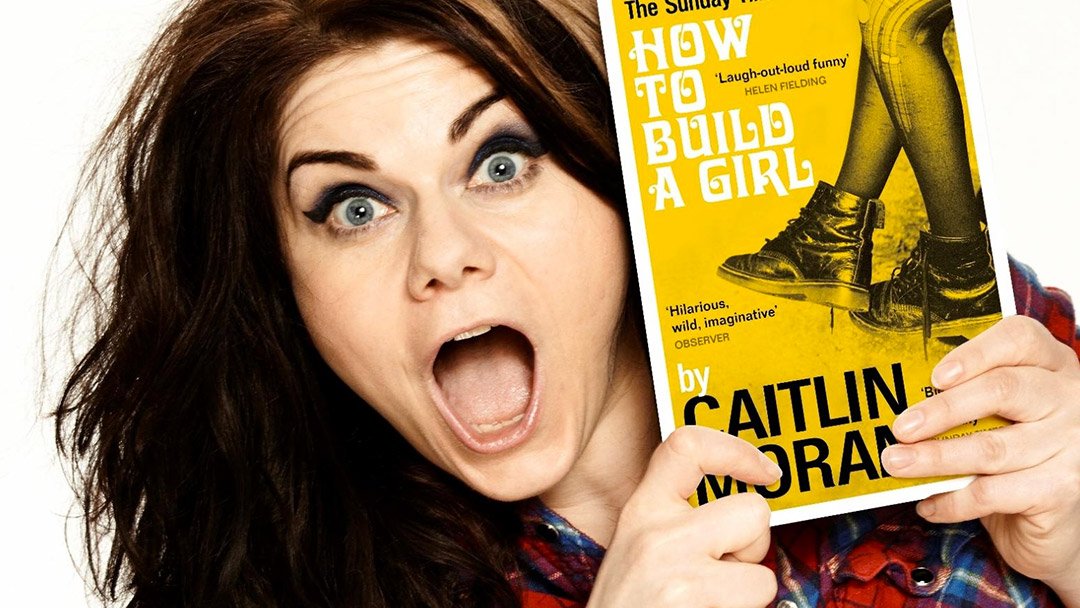
A book is a very welcome Christmas gift at our house. More even than a piece of clothing or jewelry, the selection itself carries with it the special intimacy of what one specific person thinks another ought to read. So, last Christmas, when my daughter, Austin, presented my wife and me with a large, wrapped bundle of volumes we were eager.

This week, Robert M. Pirsig, author of Zen and the Art of Motorcycle Maintenance: An Inquiry Into Values, died after a period of failing health. Two years ago, my friend, Darryl, died in a motorcycle accident, leaving behind his wife and four kids. At the funeral, I couldn’t find a connection between his still body and the vibrant, wonderful person I knew. That wasn’t Darryl, lying there. Intellectually, I knew, but emotionally, I couldn’t understand. He’s buried in Austin, wearing his mechanic’s work shirt and baseball cap, laid to rest as he lived. I’d like to think Pirsig will be sent off in similar fashion.

When Charles Dickens invited guests over for dinner, it was his tendency to take them on a little pre-dinner stroll. Some four hours later, the famished group returned back to his home for their later-than-planned meal. The ‘Sketches by Boz’ author was used to walking hours at a time. He sketched life by traversing it, gathering up material through close inspection of daily encounters.
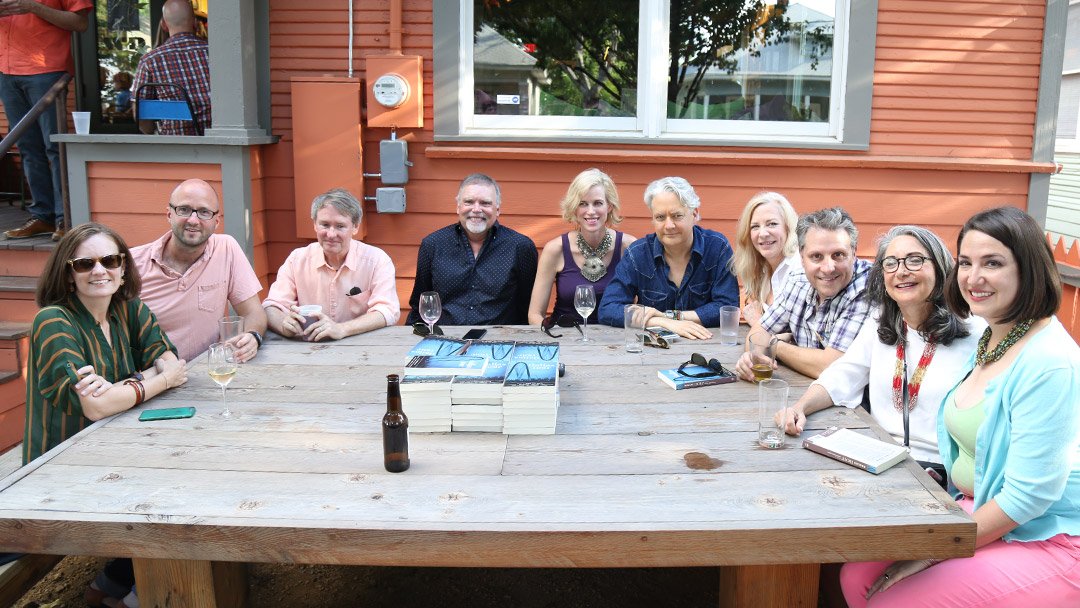
I grew up in Dallas, and the joke my father always used to tell about the city was this: What’s the difference between yogurt and Dallas? Yogurt is the one with the live culture. He had lived in New York for a time after the war, hand picked by composer Richard Rodgers to sing in his Broadway musical South Pacific, so he knew a thing or two about a more expansively cultured life.

Everyone knows writers are depressed. As a species we are invariably portrayed as near suicidal heavy drinkers and odd, chronic overthinkers who tug at our hair, howl at the moon, and cover ourselves in proverbial ashes. The world of literary respect seems to honor this heritage by giving critical consideration and praise only to authors who possess a flair for the tragic, and who keep humanity’s dying ember held on their tongues. Happy writing is relegated to the likes of the commercially packaged, pastel drenched Nicholas Sparks or, at best, the demure Jane Austen who insists on a neat and satisfying ending. We all want our light romances to end well, but the preponderance of respected literature is dealt a much heavier hand; serious literature must be serious.
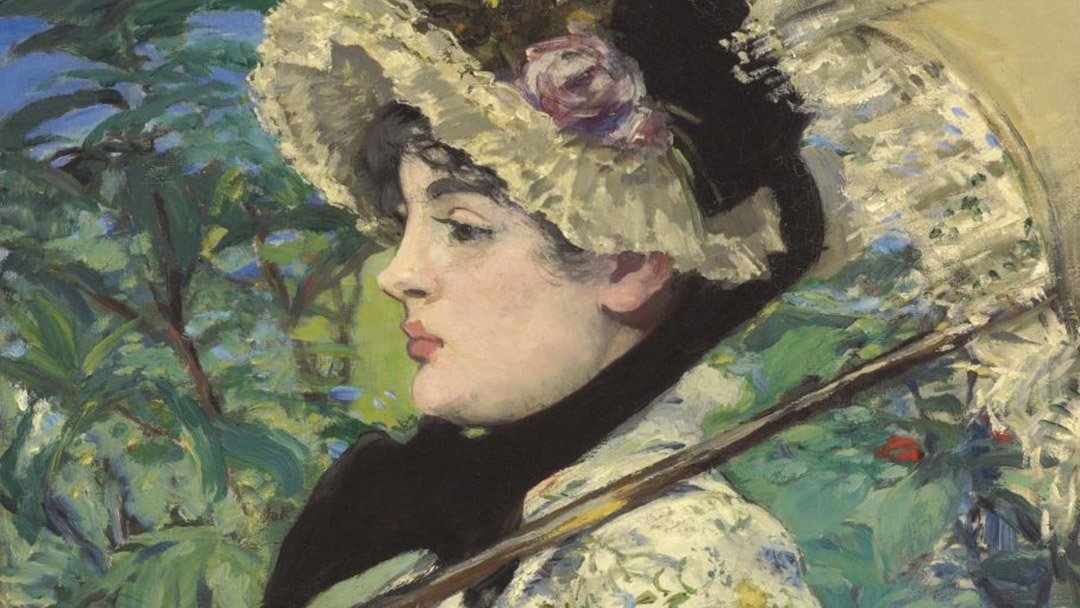
“How strange and unpredictable life is! How little there is between happiness and misery,” remarks Madame Loisel, the tragic heroine of Guy de Maupassant’s masterful short story “The Necklace.” In this—perhaps trite—line by Maupassant, the rich legacy left by French writers is subtlety revealed. If the British gave us valuable moral lessons, and the Russians instructed us to deconstruct the human soul, what did the French teach us? Simple: to live. Ardently, eloquently, poetically. Never passively. The French taught us to live, perhaps en rose, perhaps en blanc et bleue, but live colorfully nonetheless. In honor of Bastille Day, here are my favorite French stories about living with desire.
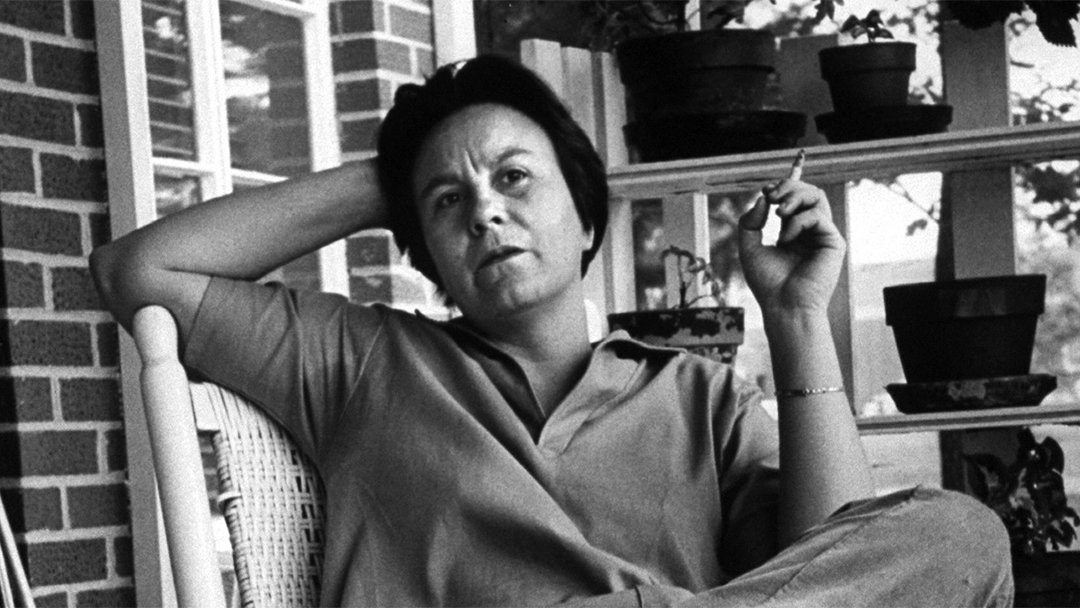
Is there an American novel that invites more haters than To Kill a Mockingbird? Admit it: you judge someone who names it as his or her favorite novel of all time. If something is wildly beloved by the masses, it must be middle-brow, sentimental crap at best, right? That was my official position on Harper Lee’s classic bestseller for many years—until recently, when a spunky group of students reminded me of its greatness.

As a follow-up to my piece on an orange-zest-faced demagogue of our time, I share some timely examples from Robert Penn Warren’s 1947 political classic All the King’s Men. In light of this most recent election and its theatrics, it seems the old adage “The pen is mightier than the sword” can be amended to “The rabble-rouse is mightier than the reasoned.”
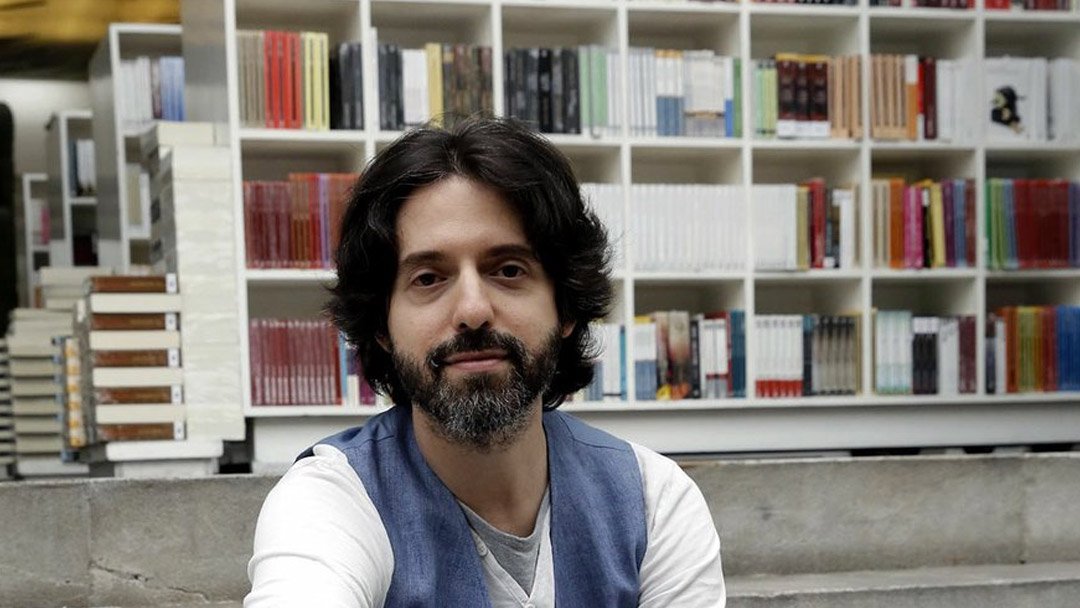
Many of us define ourselves by our jobs and interests, our friends and family, and our tastes in music, movies, or books. What we don’t think about is what lies just outside our own world, or perhaps just as importantly, what lies within our world that we haven’t noticed. Returning to old ideas, either through rereading or reading translated books, helps us define our past and present selves.

The world is hungry for magic. There is an enchantment in every recorded culture with the baffling and the unexplainable, an enduring search for whatever underlying hoodoo jives with and rearranges predictable existences. Well recorded responses to mysticism and the uncertain have ranged from stonings to developing cults to writing bestselling novels, but moderate responses to what we do not understand appear to be limited, or to not exist at all. In the realm of literature, what is confusing and, often, strange is bread and butter—the needed fodder for ideological exchange, for the development of assumption shattering introspection.
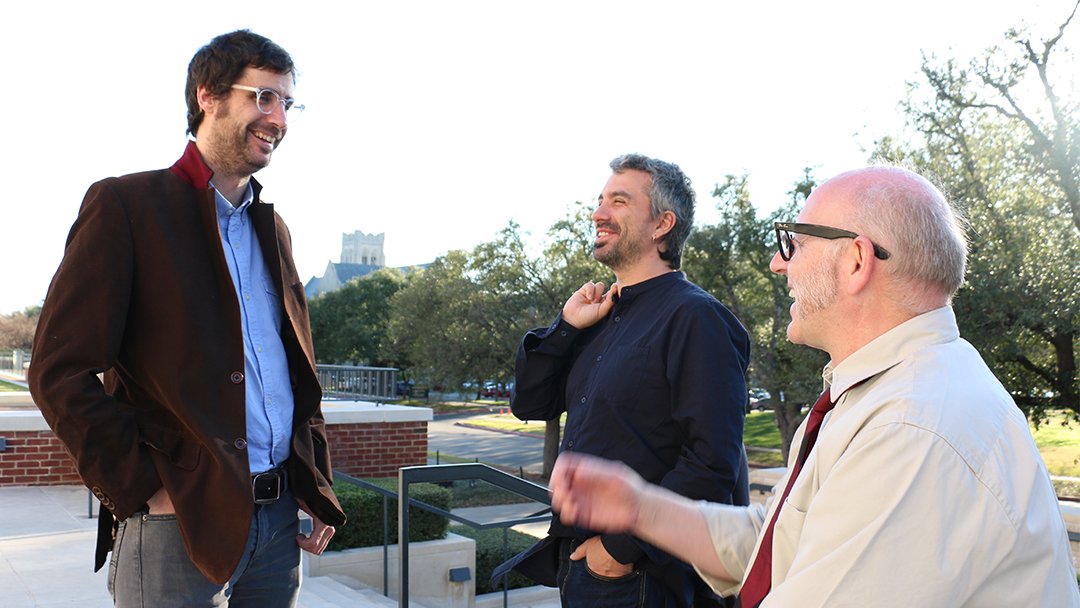
If we are what we read, shouldn’t we ponder about our reading diet, how do we choose our authors, how do stories become our own? Recently, I’ve been wondering about books, about how they get to our hands, how do we choose them… or do they choose us? In the long process that starts with a voice and a story to tell, the editor becomes a key to the door to an author’s world. That is precisely why Pepitas de Calabaza, a Spanish grassroots editorial, is so important and to have the opportunity to glance into their worlds is nothing short than a gift.
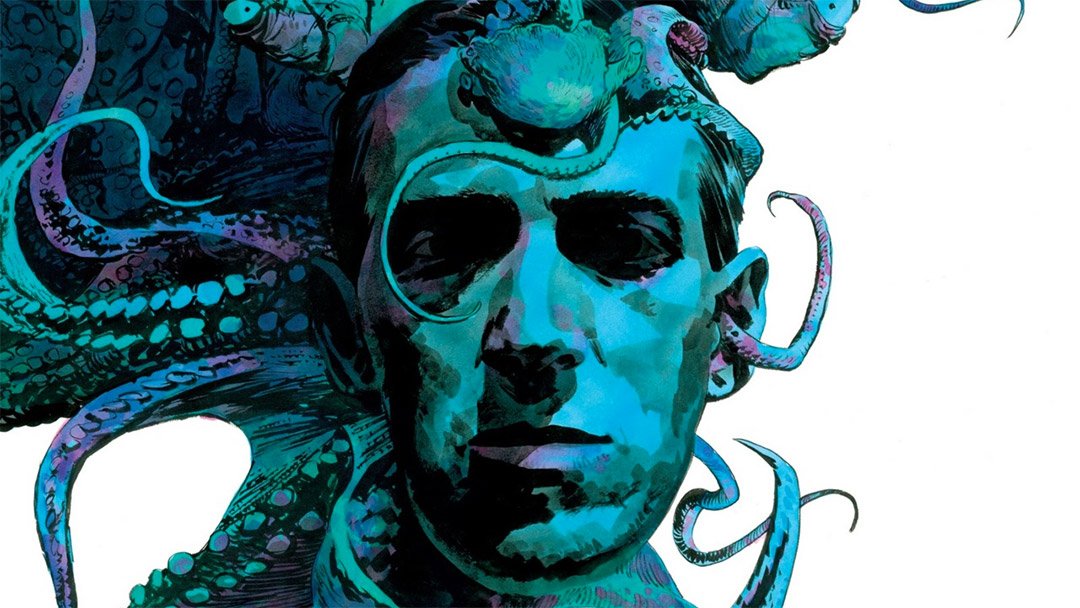
Cosmic Horror. It’s a phrase I expect to find written in fat, drippy letters on the cover of an EC comic book from the 1950’s. Or one of the empty promises hurled at the audience in the previews for what will prove to be a predictably ordinary 1940’s horror film: Fiendish Tortures!…Ghastly Terrors!!…Cosmic Horror!!!

In July, Charles Dee Mitchell wrote an excellent article on this blog entitled “Enough with the Tomes: 4 Authors to Read in an Afternoon.” However, despite its excellent recommendations, the reverse position deserves an ardent defense.

In which a professional nerd discusses why reading upsets your mother and why it’s worth doing anyway.

Work, family, movies and miles of running. Work, friends, shows and gallons of craft beer. Work, travels, parties and a tones of wasted time online. In half a year there is room for plenty of things and probably not enough for all those goals you had in mind for the New Year. Although, when you leave January behind, does this really matter?
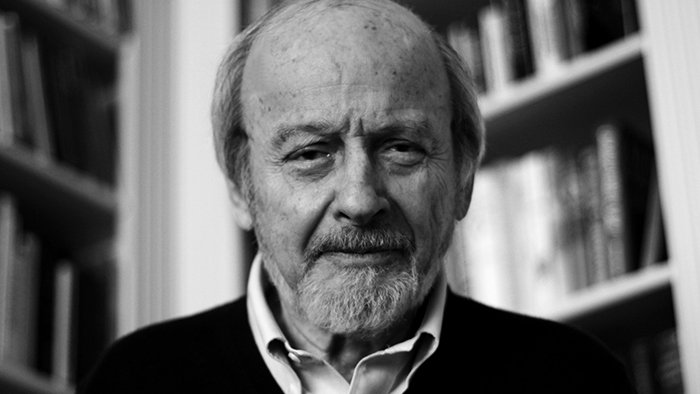
In this world of incessant breaking news, emails, texts and notifications of every kind it is hard to believe that the passing of E L Doctorow could draw much attention to his figure. Let alone to his books. We shouldn’t fool ourselves.
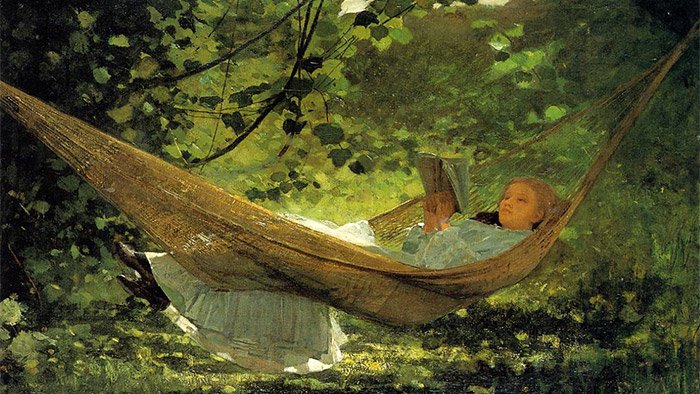
The website Vulture announced last May that we are coming up on a year of very long novels. In addition to their intimidating page counts, these novels mentioned in the Vulture article have something else in common. I will almost certainly not be reading them.
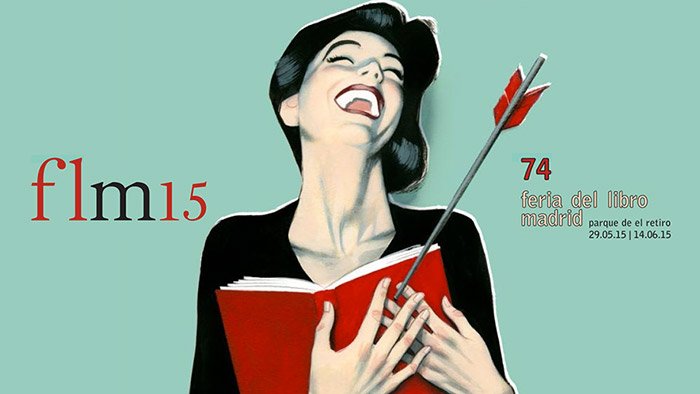
Some of us in the WD family were in Madrid during the Feria del Libro (the World biggest Book Fair in Spanish) and lived, ate, drank and mainly talked literature for a couple of days. Paraphrasing the old ads of a popular beer, we say: books are good for you. And for everybody. Here is why.
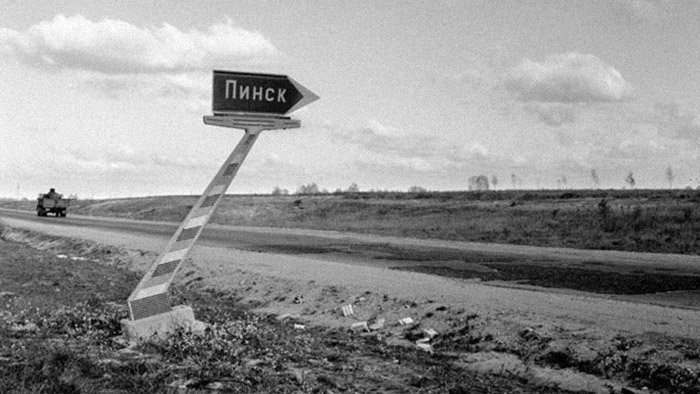
Reading; like listening to music, watching a movie, amusing yourself with a paint or any other way to enjoy art, is a personal experience, so unique to us, as unique we are as individuals; similar in many ways, but never the exact same.
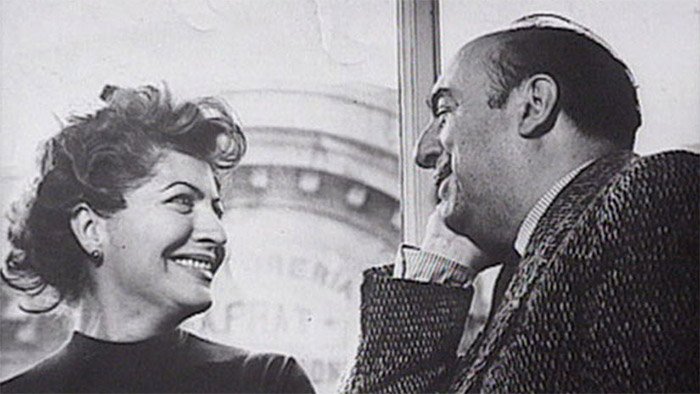
Our friend Cinthya Salinas, aka Eloquent Gal, has prepared a very thoughtful list of books about love. For all of you that love someone, or would like to love someone, or would like to be loved by someone, or would prefer to not to love someone, or… Well, you get the idea.
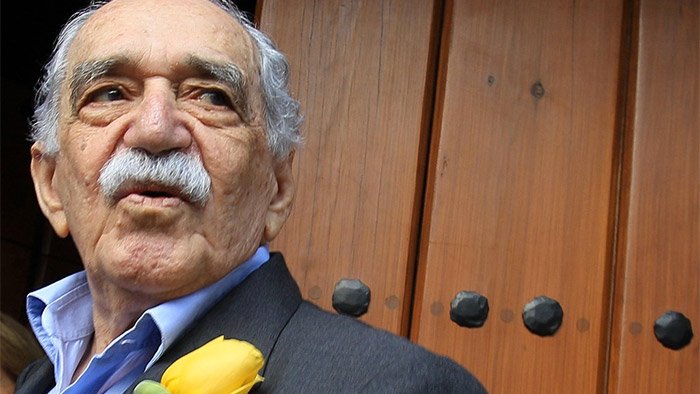
Once there was a kid in a remote provincial town in a forgotten corner of Spain, which on its own, was a forgotten country at the time. And the kid came across with a book and read its first line “Many years later, in front of the firing squad, colonel Aureliano Buendía would remember that distant afternoon his father took him to see ice.”
ALSO

314 W Eighth St. Oak Cliff.
Dallas, TX 75208. T: 214-942-0108
